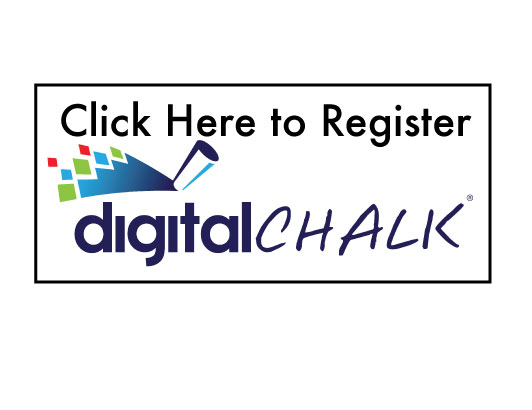RR-Coordinator – Rapid Response Coordinator
Certification Description:
This course is designed for Rapid Response Critical Care Team Coordinators.
- RN
- MD
- Respiratory Therapists
- PA
- Paramedics
- Anyone seeking the knowledge of Rapid Response Team Leader Training
- RR-Coordinator is designed to provide oversight for Rapid Response Teams including:
- Protocol and guideline implementation and periodic review
- Knowledge of staffing requirements
- Work closely with Rapid Response Medical Director to improve patient safety through Rapid Response Team implementation
- Possess the ability to maintain training records for Rapid Response Team
- Collect Rapid Response data for monthly and yearly basis
- Provide follow up plan on rapid response request
- Provide an educational plan to all hospital staff, patients and patient advocates for the availability and use of Rapid Response process
- Coordinator training will encompass MICN and Team Leader training
Joint Commission National Patient Safety Goals have placed emphasis on early recognition and response to changes or worsening of patient conditions in health care settings. This certification provides scenarios for recognition of emergencies within health care and hospital settings.
- Certification / certificate of course completion upon successful completion
- RR-MICN Certification available with successful course completion and valid RN license
- Certification is confidential, repeat at no additional cost
- Successful completion 85%
- 10.0 continuing education contact hours
- Renewal 2 years
- Certification goals and objectives:
- Provide Rapid Response Team oversight and review
- Promote and improve critical thinking skills for all staff
- Scenario based case presentation using SBAR model (Situation, Background, Assessment, Recommendations)
- Improve patient outcomes through rapid response and interventions
- Improve safety within hospitals through rapid assessment, identification and response to changes or deterioration in patient condition
- Improve recognition and rapid assessment in response to worsening of patient conditions
- Improve response to worsening of patient conditions
- Improve activation of critical care or rapid response team
- Improve communication among caregivers
- Improve team approach for Rapid Response Intervention
Certification Content and Topics:
Identification, assessment and recommended response to the following:
- Provide protocols and standards of care review
- Provide follow up plan for rapid response
- Promote support among rapid response team members
- Physician notification and response review
- Rapid Response Intervention
- SBAR (Situation, Background, Assessment, Recommendations)
- Rapid Response Follow up
- Rapid Response Recommendations
- Protocols and treatment guidelines and standards of care
- The role of American Heart Association in Resuscitation Guidelines
- Sepsis
- Blood Products and Disseminated intravascular coagulation (DIC)
- Anaphylaxis
- Steven-Johnson Syndrome
- Combative or agitated patient, safety with the use of restraints
- Stroke
- Chest pain
- Acute respiratory distress / Respiratory failure
- Airway management in emergency situations
- Intubation
- Rapid Sequence Intubation
- Mechanical ventilation / basics of ventilators
- LMA
- Emergency Cricothyrotomy
- The use of GlideScope or Direct Laryngoscopy Visualization
- Pneumothorax
- Chest tube placement and chest tube basics
- Sudden cardiac arrest and AED
- Pneumonia
- Falls
- Orthopedic emergencies
- Acronym for rapid head to toe assessment
- Pulmonary embolism and DVT
- Assessment in changes in mental status
- Dehydration
- Narcotic administration and respiratory depression / Overdose
- Abdominal pain /Acute abdominal emergency
- Abdominal evisceration
- GI Bleed
- Hemorrhage control
- Conscious Sedation
- Diabetic Emergencies
- Witnessed Cardiac Arrest
- Identification Ventricular fibrillation
- Ventricular Tachycardia
- Atrial Fibrillation
- Supraventricular Tachycardia
- Adenocard /Adenosine
- Atrial Flutter
- Pulseless Electrical Activity
- Electrical Therapy
- Pulmonary Edema
- Pharmacology – critical care
- Epinephrine
- Atropine
- Nipride
- Dobutamine
- Acronym for Chest Pain Pharmacology- M.O.N.A.B.
- Emergent Vascular Access including external jugular and intraosseous
- Rhabdomyolysis
- Facility Transfers and Critical Care Transport
- Equipment failure
- Recognition of shock, causes and recommendations
- Sentinel Events
Course completion includes the following:
| Course completion certificate available upon successful course completion (available online immediately after course completion) | Wallet card with course information, requires card holder signature if printed. |
Registration Fee: $425.50
To register, click the link below.

